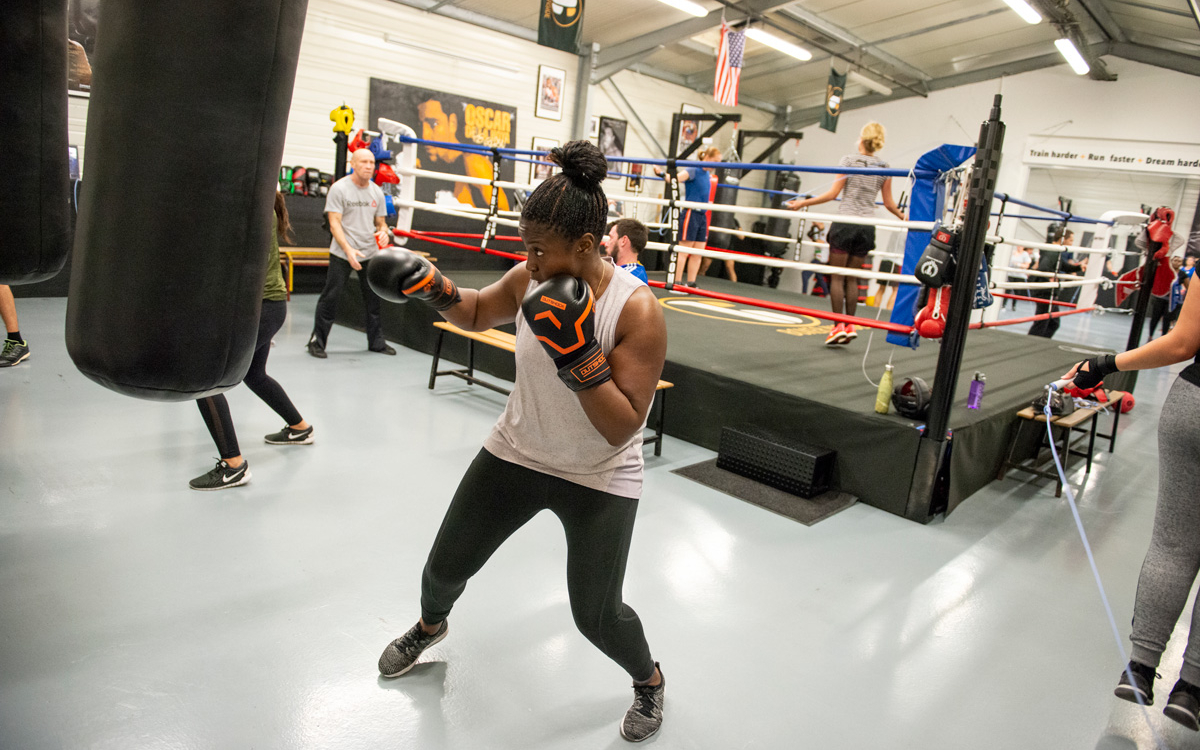
The Evolution and Impact of Boxing Centers: More Than Just Training Grounds
Boxing, often considered the “sweet science,” has seen a remarkable evolution over the years. While much of its history is defined by iconic bouts, legendary fighters, and thrilling championships, another key element has quietly helped shape the sport: the boxing center Togelin. These specialized facilities not only serve as training grounds for athletes but also function as hubs for community engagement, mental health support, and cultural development. In this article, we’ll explore the unique role of boxing centers in modern society, highlighting their multifaceted impact on both individuals and communities.
1. A Legacy of Discipline and Focus
Boxing centers have long been places of intense physical and mental training. While the punch bags, speed balls, and rings are the most obvious features, what sets a boxing center apart is the atmosphere it cultivates. Boxing is as much about discipline and mental fortitude as it is about physical strength. In these centers, athletes train not just for the next bout, but for personal growth. Coaches often emphasize the importance of strategy, patience, and self-control—qualities that transcend the ring and influence everyday life.
For many boxers, a boxing center is where they learn to balance their ambition with their inner discipline. It is here that they transform from mere enthusiasts into fighters with a sense of purpose. This transformation also attracts individuals who seek structure and focus in their lives, whether they are interested in the sport competitively or simply looking for a way to challenge themselves mentally and physically.
2. Beyond the Fight: Boxing Centers as Community Hubs
In many urban areas, boxing centers serve as essential community hubs. They offer a place for people of all ages and backgrounds to come together and share a common purpose. Whether it’s a young teenager looking for an escape from the streets or an adult searching for fitness motivation, boxing centers can become a refuge. Some centers even extend their offerings beyond just training, providing mentorship programs, educational workshops, and career guidance to local youth.
The positive influence of boxing centers on communities can’t be overstated. Many boxers who come up through the ranks of these centers find themselves not just better athletes, but better people, with stronger values of respect, perseverance, and hard work. Coaches, often former athletes themselves, act as role models and mentors. This type of community support helps foster both individual growth and collective pride. It’s not just about throwing punches—it’s about creating a sense of belonging and purpose.
3. Boxing Centers as Mental Health Sanctuaries
In recent years, the importance of mental health in sports has gained widespread recognition. Boxing centers are increasingly being acknowledged for their role in mental health support. Boxing training, with its emphasis on endurance, focus, and resilience, can have therapeutic benefits for many individuals. For people battling anxiety, depression, or stress, hitting a punching bag can be a way to release pent-up tension and regain control over their emotions.
Some boxing centers have even begun to incorporate mindfulness and stress-management techniques into their programs. The controlled environment of a boxing gym, where participants can zone in on their movements, provides a unique opportunity for individuals to disconnect from outside distractions and focus solely on their mental and physical well-being. The structure and routine that boxing training offers can provide a sense of stability for those grappling with mental health challenges.
4. The Rise of Women’s Boxing Centers
Another notable trend in recent years has been the growth of boxing centers specifically tailored to women. As women’s boxing has gained recognition and respect in professional circles, many boxing centers are now addressing the needs of female athletes. These centers not only provide a safe and supportive environment for women to train, but they also help combat stereotypes around women in combat sports. Female boxing centers are not just places for competition, but safe spaces where women can develop confidence, strength, and resilience.
The rise of women-only boxing centers is also contributing to a more inclusive culture in the boxing world. Women who might have previously felt unwelcome or marginalized in male-dominated gyms are now finding their voice in these spaces. These centers foster an environment where women can feel empowered both inside and outside the ring, pushing the boundaries of what’s possible for female athletes.
5. The Technological Influence on Boxing Centers
The modern boxing center is not just a physical training facility; it is increasingly integrating technology into its operations. Advanced equipment like smart punching bags, motion-capture systems, and VR boxing simulators are helping athletes improve their technique and performance. These technological tools provide instant feedback on an athlete’s movements, helping to correct form, improve speed, and enhance precision.